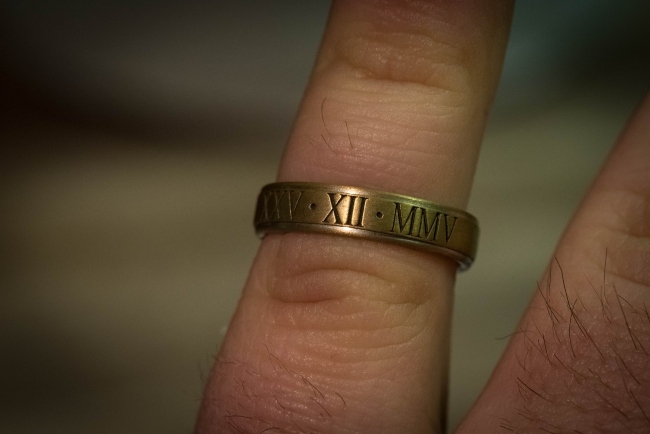Many people, when considering getting items laser engraved, want to know; does laser engraving fade?
The answer is a little more complicated than a simple yes or no. This is because there are different factors involved that affect how much or indeed whether a laser engraving or laser etching will fade over time.
In this article, we will go through some of these factors, as well as the laser etching process, so that you can have a clearer idea of what to expect regarding the longevity of your engraved item.
The Durability of Laser Engraving
Laser engraving is a method for creating permanent markings on various materials using a laser beam. It has all but replaced the traditional methods of hand engraving due to it having so many advantages such as the laser engraving system enabling virtually anyone to have a go at laser etching, to engrave intricate designs on a wide variety of materials, adjustable engraving depth, all at a speed that simply can’t be matched by hand engraving.
Despite it being a way to produce permanent markings, the actual durability of laser engraving depends on a variety of factors including those that lie outside of the laser engraving machines and the laser engraving process itself.
Factors that Influence the Longevity of Laser Engravings
Material Type and Quality
Most metals are a popular choice for laser engravings; some will last decades, even centuries, but this depends on, among other things, the type of metal.
Soft metals such as copper, brass and aluminium are more prone to engraving fading than harder metals such as stainless steel and other materials.
For glass engraving, the quality of the glass will affect longevity. Impurities, flaws and thinness of glass can mean that your engraving may fade or the glass may chip or crack over time.
Environmental Conditions
Where the engraved item will be kept, displayed or stored will affect longevity. An engraved metal trophy kept in a trophy cabinet and cleaned using appropriate and gentle methods will last longer than an engraved plaque on an etched surface on a bench exposed to other elements.
The Intensity and Depth of the Engraving
Deep engravings created with a laser engraver or a low powered beam will last longer than laser etching and shallow engravings, no matter the material type. Laser etching, laser marking or engraving at a shallow depth rather than at a maximum engraving depth will produce a surface finish that is less long-lasting.
Factors Affecting Laser Engraving Longevity
Material Considerations
Different materials wear at different rates. When laser etching, laser marking or engraving on wood, hardwood will wear better than softwood like pine. Metal engravings will last longer if they are on stainless steel rather than softer metals.
Environmental Factors
These can have a significant impact on the longevity of an engraving.
Wood engravings that are to be kept in dry conditions and those that are purely ornamental will last longer than those that are exposed to moisture, washing and hard use.
Stainless steel engravings are a durable method for long-lasting engraved surfaces; almost no matter what the environmental factors are, it is a great option to ensure longevity. Other softer metals would wear much faster especially if their environment includes harsh cleaning processes.
Plastic engravings are hardwearing when it comes to moisture and cleaning processes but a plastic sign kept outside will be susceptible to UV damage from the light rays of the sun.
Conclusion
When considering the type of engraving, laser etching or laser marking it is a good idea to think about how long you need your engraved items to last. Signs can be replaced easily but objects which hold more sentimental value can’t.
If you are looking for quality results, whether you want laser etching work, laser cutting or engraving, consider the type of material and the material surface that you want to use for your laser engraving or laser etching project.

